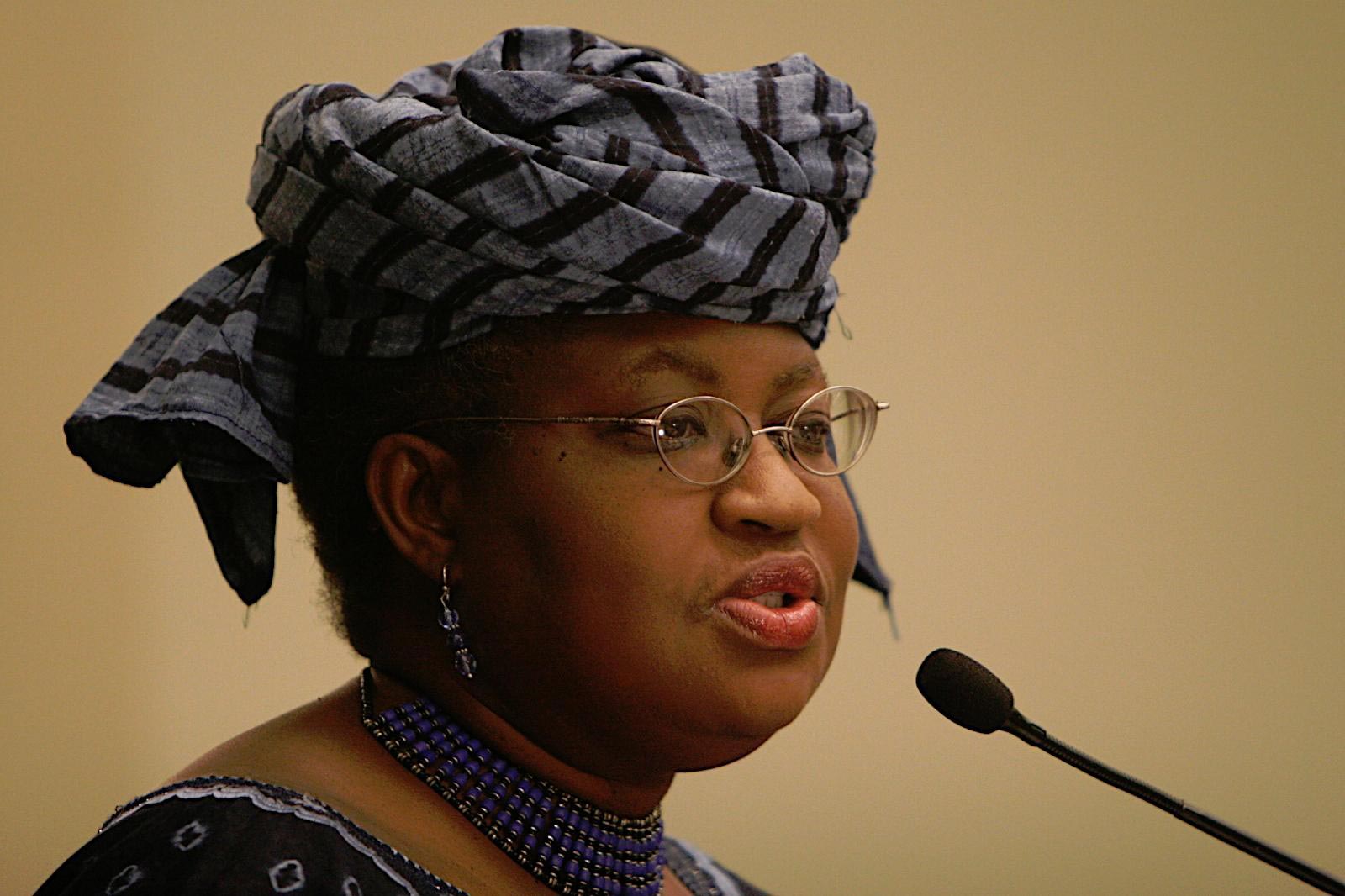Coordinating Minister for the Economy and Minister of Finance, Dr. Ngozi Okonjo-Iweala, yesterday, presented details of the 2014 federal government budget, lamenting the administration’ dilemma over the bloated recurrent expenditure which has risen to 74 per cent of the total proposed budget of N4.642 trillion.
According to her, a total of N3.542 trillion has been earmarked for recurrent, leaving only N1.1 trillion for capital budget.
The recurrent budget consists of N2. 239 trillion, representing about 37 per cent of the total budget for personnel cost, while N1.303 trillion has been earmarked for overheads.
By implication, almost 40 per cent of the budget goes directly into the pockets of federal government workers who are only about one million in number.
In Dr. Okonjo-Iweala’s words, “the high share of recurrent expenditure in the budget is of great concern as it reduces the size of funds available for investments in capital projects.
“We worked hard to reduce this ratio from 74.4 % in 2011, to 71.5 % in 2012, and further to 67.5 % in 2013 but it has risen back to 74 % in 2014.”
The minister said the nation “will need to make some tough choices in the future about the structure of our budget”, adding, “we need to strike a balance between growing a wage bill for the public sector and investing more of our resources in infrastructure projects”.
According to her, the Jonathan administration reviewed the report of the Oronsaye Committee on streamlining government agencies but could not immediately act because most of them were created by law and required the repealing of such laws before they could be scrapped.
She therefore called for the understanding of the National Assembly in that regard to enable the executive further cut the cost of governance.
The minister said that this year’s budget has been built on the pillars of macro-economic stability, structural reforms, governance and institutions, as well as, investing in priority sectors upon which the two previous budgets had been hinged.
Priority sectors focused by the budget included infrastructure: power, roads, housing which have been described as greater job creation propellers and aviation, as well as, security, education.
The minister said that the controversial $10.8 billion oil money which the Nigerian National Petroleum Corporation , NNPC, claimed to have spent on operations was still being reconciled.
“Newspaper headlines will not bring money into the government coffers.
“What will actually bring money is the hard work of completing the reconciliation exercises to find out what NNPC has spent on its operations (with supporting invoices and documentation) and what has to be remitted to the treasury. This is the work we are actually doing now. It has not been completed, so claims by any parties in this exercise are premature.”
Speaking on the 2013 budget performance, the Director-General of the Budget Office, Dr. Bright Okogu revealed that N 646.8 billion capital vote was utilized. He said that the 2013 budget has been closed except the Constituency Projects which funding was still on-going.
On cutting cost of governance, the D-G said that the 2014 budget implementation would witness a greater work on weeding ghost workers and ghost pensioners through the Integrated Personnel Payroll System.
According to him, the IPPIS would be completed and that workers had no choice in the matter.







